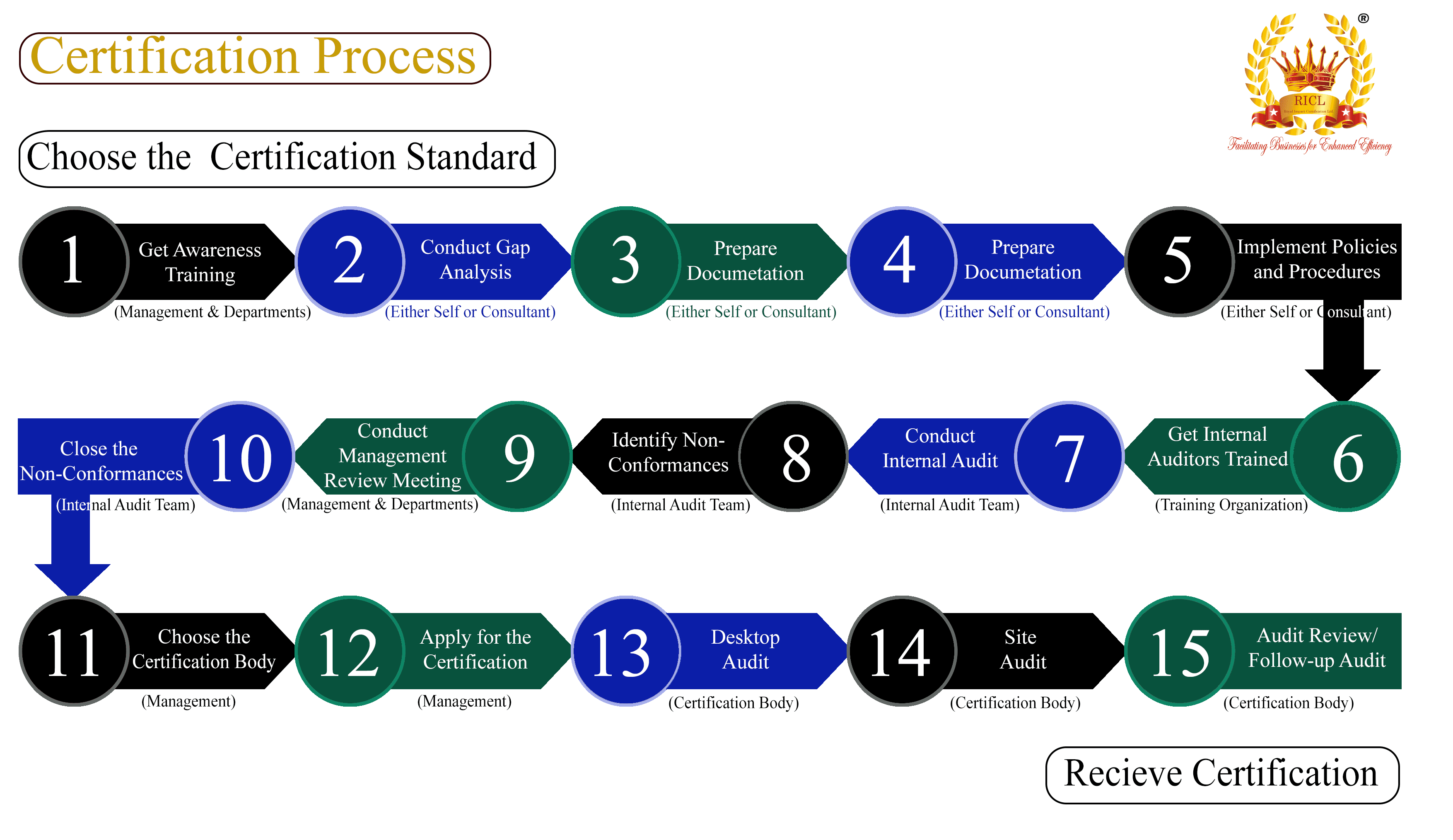
CMMI
CMMI (Capability Maturity Model Integration) is a process and behavioral model that helps organizations streamline process improvement and encourage productive, efficient behaviors that decrease risks in software, product, and service development. The model provides organizations with essential elements of effective processes that ultimately improve their performance.
CMMI (Capability Maturity Model Integration) is a process and behavioral model that helps organizations streamline process improvement and encourage productive, efficient behaviors that decrease risks in software, product, and service development. The model provides organizations with essential elements of effective processes that ultimately improve their performance.
Overview of CMMI:
Origin: Developed by the Software Engineering Institute (SEI) at Carnegie Mellon University in Pittsburgh, USA.
Purpose: CMMI aims to help organizations improve their ability to develop, deliver, and maintain quality products and services. The model encourages a continuous improvement culture, focusing on reducing the complexity of processes, enhancing performance, and ensuring that best practices are implemented.
Versions: CMMI has several versions, with CMMI V2.0 being the most recent, incorporating modern practices such as Agile and Lean methodologies.
Key Components:
Maturity Levels: CMMI defines five maturity levels that reflect the degree to which an organization’s processes are codified and optimized:
Initial – Processes are unpredictable and reactive.
Managed – Processes are planned and executed in accordance with policy; the projects are executed and monitored with established procedures.
Defined – Processes are well characterized and understood, and are described in standards, procedures, tools, and methods.
Quantitatively Managed – Processes are controlled using statistical and other quantitative techniques.
Optimizing – Focus on process improvement through incremental and innovative technological improvements.
Process Areas: CMMI includes a set of process areas that define aspects of product development and maintenance essential to ensuring quality and efficiency. Each process area is defined by specific goals and practices.
Benefits of Implementing CMMI:
Improved Quality: Enhanced process discipline helps reduce the number of defects and increases the quality of the product or service.
Increased Customer Satisfaction: Higher quality and predictable delivery schedules lead to increased customer satisfaction.
Enhanced Process Efficiency: Standardization of processes leads to reduced cycle time and increased efficiency in delivering products and services.
Reduced Risk: Better planning and execution help reduce the risks associated with software and product development.
Market Differentiation: Achieving a higher level of CMMI maturity can set a company apart from competitors, making it a more attractive choice for customers looking for quality and reliability.
CMMI is often used in industries where software development is a critical component of the business, but it can also be applied across various areas, including manufacturing, service delivery, and project management. Organizations worldwide adopt CMMI to measure their performance level objectively and guide their process improvement across a project, division, or an entire organization.

The Capability Maturity Model Integration (CMMI) is applicable across a variety of industries where process improvement and high-quality production are critical. Here are the industries that can benefit from implementing CMMI:
- Software Development
- Information Technology Services
- Aerospace
- Defense Contracting
- Automotive Manufacturing
- Electronics
- Telecommunications
- Financial Services
- Banking
- Insurance
- Healthcare IT
- Medical Devices
- Biotechnology
- Pharmaceutical
- Energy and Utilities
- Oil and Gas
- Chemical Manufacturing
- Consumer Goods
- Retail
- E-commerce Platforms
- Education Technology
- Construction and Engineering
- Project Management Services
- Government and Public Sector
- Transportation and Logistics
- Media and Entertainment
- Advertising and Marketing Services
- Legal Services
- Consulting Services
- Real Estate
- Hospitality
- Food and Beverage Processing
- Agriculture Technology
- Mining and Metals
- Textiles and Apparel Manufacturing
- Pulp and Paper
- Sports Management
- Facility Management
- Waste Management
- Renewable Energy
- Cybersecurity
- Data Analytics
- Artificial Intelligence Development
- Machine Learning Applications
- Blockchain Technology
- Cloud Computing Services
- Internet of Things (IoT) Solutions
- Robotics
- 3D Printing
- Professional Training and Coaching
[sp_easyaccordion id=”10757″]
[formsapp id=”662f63f6c4dd546c9916c3db”]
